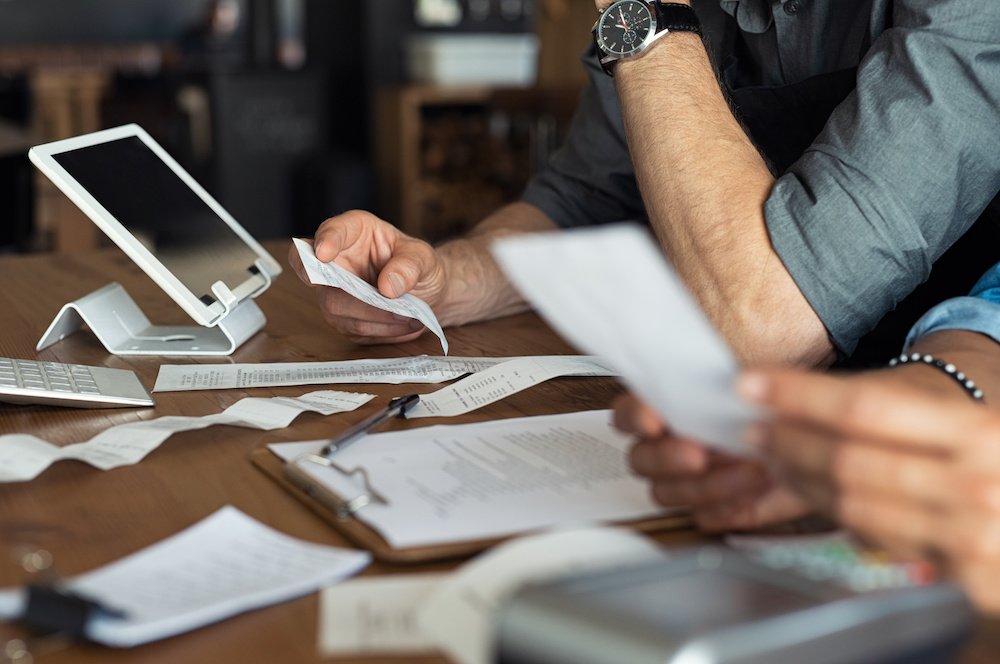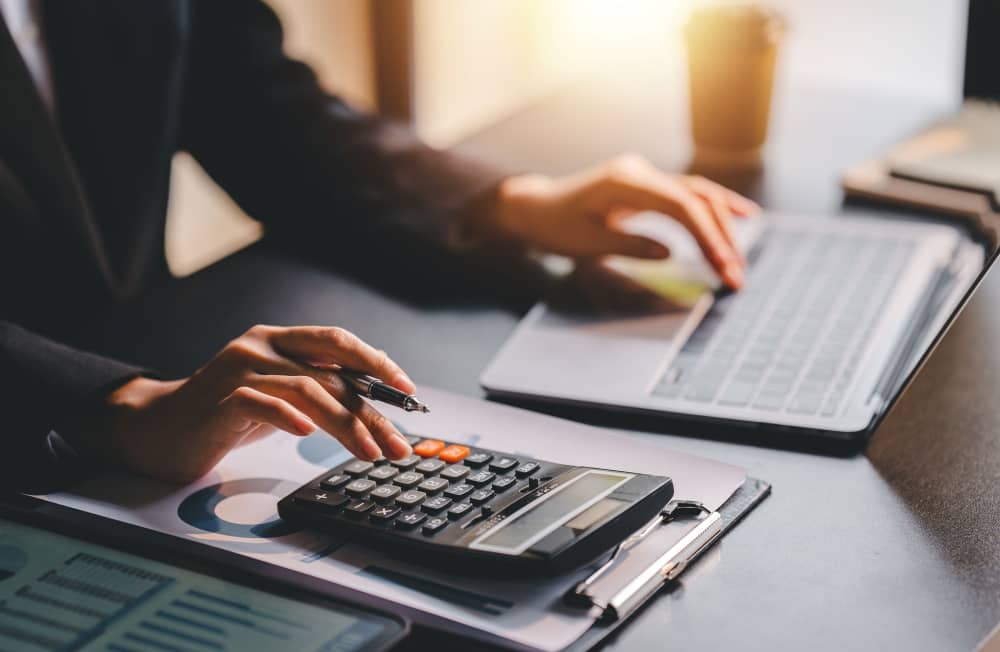What to Take to the Accountant for Your Small Business

For many small business owners, tax season is a time of uncertainty or possibly angst. Even those who are typically well-prepared can find themselves stressed when thinking about taxes.
This is when your business accountant can seemingly save the day. From helping you understand tax incentives to getting the best possible tax return, your accountant will do all of the heavy lifting for you.
To help your small and medium enterprise (SME) accounting team, there are a number of vital documents that you should bring when you get together at tax time. If you have electronic access to your records, your accountant can also work with these. If you have a nicely organised set of documents, your taxes will be filed quickly and getting every possible deduction will be easier.
What to Take to the Accountant for Your Small Business?

Necessary Documentation Includes:
- Income documentation
- Expenses documentation
- Financial statements
- Bank statements
- Cash flow statements
- Business activity statements
- Instalment activity statements
- Lease, hire purchase, chattel mortgage, or other loan agreements for your business
- Stock valuation figure
Read on for a comprehensive guide on what to take to the accountant for your small business.
Income Documentation
Wages and Salary
- PAYG summaries from employees
- Personal services income
- Lump sum termination payments
Interest You Have Earned
- Bank interest
- Capital gains
- Distributions from trusts, partnerships, and managed super funds
- Dividends
- Superannuation lump sum payments
Allowances
- Car and vehicle allowances
- Other allowances, such as entertainment, meals, and the like
- Pensions and allowances
- Travel allowances
Income from Other Sources
- Foreign Income
- Net income/loss from business
- Rental income
Expenses Documentation
Employee Costs
- Courses, education and seminars
- Superannuation contributions
- Training costs
- Wages and salaries
Travel and Vehicle
- Travel and accommodation costs for both domestic and overseas
- Vehicle expenses are based on use (if you use a log book, bring that also)
Office Expenses
- Building or maintenance costs
- Computer, software and repairs
- Home office expenses
- Rent/lease payments
- Telephone and internet
- Tools and equipment
- Utilities – electricity, gas, water
Banking and Insurance
- Bank fees
- Dividend deductions
- Income protection insurance
- Interest
- Low-value pool deductions/depreciation
Other Expenses
- Details of asset purchases
- Donations
- Childcare expenses
- Freight and transportation costs
- Legal and accounting services
- Medical expenses
- Work uniforms and other clothing expenses
Your accountant will also want to see several other documents that you can scan or copy. These include:
- Bank and credit card statements
- Business Activity Statements and working papers
- Instalment Activity Statements and working papers
- Lease, hire purchase, chattel mortgage, or other loan agreements for your business
- Stock valuation figure after performing your 30 June stock take
**Please Note** You must remember to keep the receipts for your expenses and tax deductions that you are claiming for your business. To be sure you have them when you need them, consider scanning and filing them electronically. This is the simplest way to ensure these documents are accessible if you need them for audit purposes.
 About Fees
About Fees
Accountant fees for small businesses will vary. At M2 Corporate, we offer a suite of packages to ensure you get all you need without paying for services that are unnecessary. We offer three levels of service to meet your needs and optional services that could be useful to some clients in specific situations.
Why Work With M2 Corporate?
Whether you are new to filing taxes for your business or if you have years of experience with lodging taxes, M2 Corporate can help you lodge correctly and get every cent you deserve. To ask questions or learn more about how we can help, please reach out to our corporate accountants at M2 Corporate. Tax time arrives faster than you may expect. Do not get caught unaware.
FAQs
What do business accountants do?
A business accountant plays a multifaceted role, focusing on financial analysis, strategic planning, and ensuring regulatory compliance to optimise a company’s financial health and growth.
To learn more, read our blog covering what business accountants do.

 About Fees
About Fees